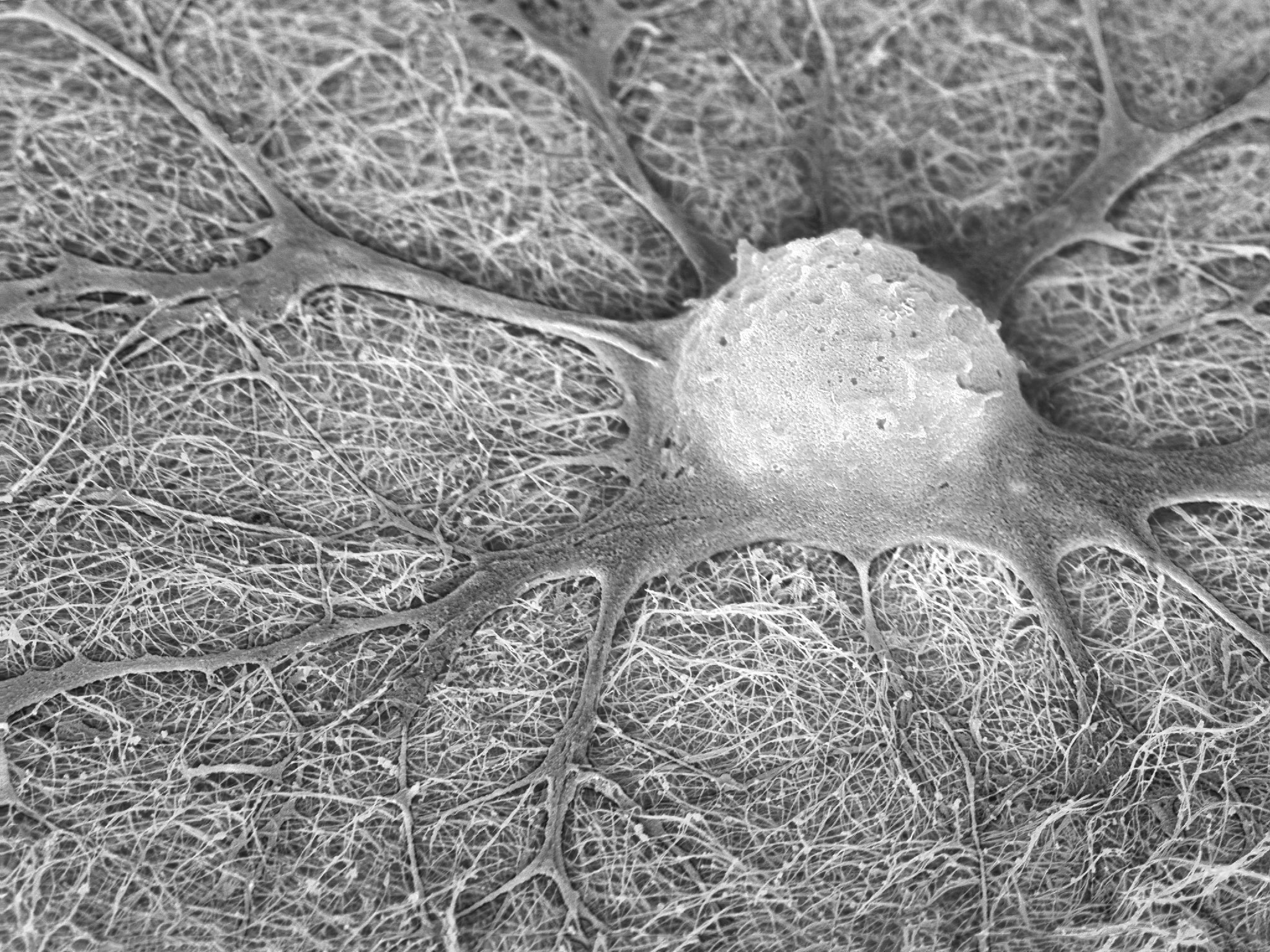ISSCR News

Tenneille E. Ludwig and Peter W. Andrews Share the 2024 ISSCR Public Service Award for Their Leadership of the ISSCR’s Standards Initiative
The International Society for Stem Cell Research (ISSCR) is honoring Peter W. Andrews, BSc, D.Phil., MBA, University of Sheffield, U.K. and Tenneille Ludwig, PhD, WiCell, USA, with the 2024 ISSCR Public Service Award for their work leading the development of the first international, comprehensive Standards for Human Stem Cell Use in Research.

Jun Wu Receives the 2024 ISSCR Outstanding Young Investigator Award for his Innovative Work on Stem Cell-Based Embryo and Chimera Models
The International Society for Stem Cell Research (ISSCR) is honoring Jun Wu, PhD with the 2024 ISSCR Outstanding Young Investigator Award. Dr. Wu is an associate professor in the Department of Molecular Biology at the University of Texas Southwestern Medical Center, USA and a New York Stem Cell Foundation–Robertson Investigator.

Sergiu P. Paşca Receives the 2024 ISSCR Momentum Award for his Pioneering Work in Neurodevelopment and Disease
The International Society for Stem Cell Research (ISSCR) will present this year’s ISSCR Momentum Award to Sergiu P. Paşca, MD, Kenneth T. Norris, Jr. Professor and the Uytengsu Director of Stanford Brain Organogenesis, Stanford University, USA. The award recognizes the exceptional achievements of a mid-career investigator whose innovative research has established a major area of stem cell-related research with a strong trajectory for future success.

Fish-like Genetic Program Used to Turn Human Retinal Cells Into Neurons
New research by Thomas Reh, Juliette Wohlschlegel, and colleagues at the University of Washington, USA, published in the journal Stem Cell Reports, shows that human Muller glia can be coaxed into changing identity in the laboratory, which could serve as a potential source of new neurons to treat vision loss.

Camouflaging Stem Cell-Derived Transplants Avoids Immune Rejection
To overcome both the risks of immune rejection and of potential tumor formation during cell and organ transplantation, researchers Baoyang Hu and colleagues from the Chinese Academy of Sciences, Beijing, have genetically engineered stem cells so that liver cells obtained from them would be invisible to the immune system.

Receive ISSCR Press Releases
Sign up be a part of ISSCR’s media list. Media Contact: Kym Kilbourne, Director of Media and Strategic Communications
Subscribe to ISSCR News.
Each month, ISSCR delivers scientific, policy, and community to your inbox .
